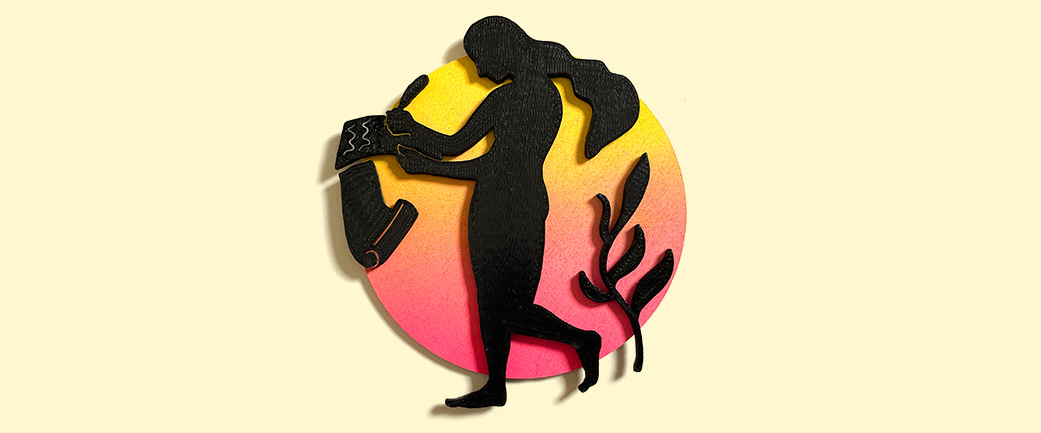
We live our lives in the first person, confined to one limiting (fractured, opaque, partial) point of view. In many ways this is why life is such an open wound for so many, and why literature is so necessary to us.
In life we can only inhabit one self, but in literature we can inhabit many selves. We can step into another person’s shoes, sleep in their skin, share their consciousness. In literature we can break free from the tyranny of the first-person point of view. We can inhabit a third-person point of view or even second-person. My personal favorite is the close-third, where the writer focuses so closely on the perspective of one character that there is no distance between that character and the reader.
Stream of consciousness is a novelist’s technique, but it is also a Buddhist’s touchstone. When reading or writing a stream of consciousness passage, or a close-third person point of view, are you only you? Or do you also become the other perspective you are inhabiting?
For me, it is always a relief to know I am not the only real person in the world. Everyone else is quite real too, strangely enough. In life, I don’t have access to anyone else’s interiority but mine. In literature, I have access to the interiority of so many others. How liberating it is to get out of my skin.
You can always write your way out of your skin. Journal. If something confusing or difficult happened, write your way into clarity and comprehension.
Consider the following questions and then let the words flow:
- What happened?
- How do you feel about it?
- Why do you feel the way you feel about it? Is it the incident itself, or something else?
- Was someone else involved? How did they seem to feel about it?
- Why?
About the Contributor
Tenzin Dickie is a writer and translator. A former Fulbright fellow, she works at the Buddhist Digital Resource Center in Boston. She is editor of Old Demons, New Deities: 21 Short Stories from Tibet, published in 2017 by OR Books.
Image Credit
Illustration by Mo Riza


